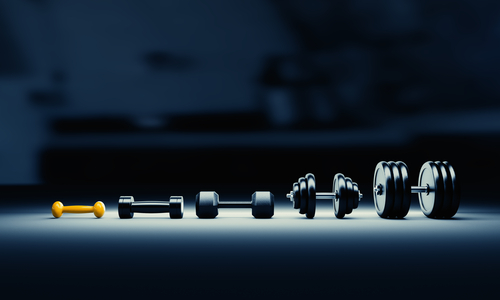Question about light weights vs. heavy weights for strength
What is better to use, heavy weights or light weights?
Marcelo asks:
I want to build well-rounded athleticism and strength and have followed some of the workouts from some of your programs and books such as Deceptive Strength and Indestructible body. You recommend heavy weights if you want to build strength.
Recently I came across an article saying that light weights are actually better for strength than heavy weights as you use less momentum and so engage more the targeted muscles as opposed to using other muscles to help lift the weight.
Can you look for the article: https://www.vahvafitness.com/why-light-weights-are-better/
and tell me your thoughts on it?
Thank you for the great question.
To start with it sort of depends on how we define “strength.” I hate to give this weaselly lawyer answer, but the language is slippery so it’s necessary.
Many people, including this author I would argue, are trapped in the muscles = strength paradigm. He mentions other stuff, and is focused on overall movement which is good and I agree with. But to him, strength training appears to equal muscle training.
That’s only a part. I’ve written about this subject extensively, and it basically forms the foundation of what is inside Deceptive Strength.
When I’m talking about strength, I am talking about what you can do. I do feats of strength like he mentions. But I do not move like your average powerlifter!
So if you want to exert maximum strength…it takes using heavy weights, by using this kind of definition. Once again, this is because strength is not just about muscles. It’s about technique. It’s about the nervous system. It’s about proper use of momentum in many cases. It’s about the connective tissues. It’s about the skill as mentioned.
To limit the weight, in order to focus on the muscles, certainly has its place.
But recognize, as such, because there is a minimization of focus on momentum, on the nervous system, on the connective tissues. It may be ideal in order to build muscle…but at the cost of other things.
So, in the end, it all depends on what kind of “strength” we want.
Overall, the article is decent but he’s throwing out the baby with the bathwater.
For instance, he states, “Form is everything and quality will always trump quantity. Doing more of garbage doesn’t suddenly turn the garbage into gold – the training and the effects remain garbage.”
Form is NOT everything. Form has good use, it’s time and place, but it’s certainly not everything. (If anything is everything, I would say that progression is everything.)
Quality doesn’t ALWAYS trump quantity because it’s not an either/or thing, but many shades of grey. Will a single quality rep train you better than ten singles that are 90% quality?
I’m not about doing junk reps either. But what exactly is a junk rep?
If you sit your butt on the couch for eight hours a day in poor form, your body will adapt to this much more so than getting in good posture for one minute per day. Quality does not always trump quantity.
Furthermore, the author uses the example of the biceps curl, that you want to isolate the biceps. Sometimes. But what about when you don’t? If you want STRENGTH, then learning how to properly lift heavier by using momentum and whole body is extremely useful. This comes into play for strongman (flipping heavy tires), or someone that needs to move boxes around.
Again, it is not either/or. The best athlete, to use the term they’re talking about, would be able to both isolate AND synergize.
If you only ever train with light weights in such a fashion, I would argue you lose out on some of the latter ability.
Case in point, we see this paragraph: “In order to develop the muscles of the targeted area to their full potential, you have to train the muscles in their entire muscle lengths. This is achieved by control and keeping constant tension in the muscles.”
Again, I say this is useful to do. It’s a form of muscle control really, by adding extra tension. But to do it exclusively, just like exclusively lifting heavy, would be a limited approach.
I also take exception to this paragraph. “To get the best results it’s not enough to mindlessly just go through the workouts – you should have at least a basic understanding of how the exercise works and which part it is supposed to target.”
I agree wholeheartedly with the first three-quarters of that. But then he says, “which part it is supposed to target.” I don’t think of the body as a collection of parts. Useful to know those parts for sure, but then you train in isolation and neglect learning how to move your body well together.
Arthur Saxon would disagree with this writer as well. He was a huge proponent of lifting heavy. And this man was a well-rounded athlete!
Understand that training heavy does not mean only doing max lifts. That does make for a fairly poor training plan. But I would argue always training “light” is almost as bad.
My advice is to mix it up. Lift light. Lift heavy. Lift moderately. Learn how to isolate and also to synergize. Lift with perfect, ideal form sometimes. Lift with purposefully bad form (but still safe) other times.
If you want to be well-rounded you’ve got to do well-rounded training.


Comments
Lighter weight are for muscular endurance and toning where heavy weight are for power and strength. Lots of time you can get the Beni fits of both by pyramiding the weight as you decrease the reps. Reps may look like this
12, 10, 8, 5, 3
I agree wholeheartedly !!! I am a IRON GAME DISCIPLE who, is also a physical laborer. A great physique, is a great physique, but you must have some strength. To do so, you don’t always have to use “perfect form”. Some of my best gains were from a “loose style” of training. I hate to say it, but it is always the politically correct, posers that espouse this stuff ! Just lift the weight, and have some god darn fun doin it ! If you are dedicated, motivated, and want to get educated through trial and error, you will find “THE PATH” ! Saxon, Goerner, and all the OLD TIMERS figured this out. They didn’t need peer approval.., sometimes trial and error, with some serious discipline is all that mattered ! Logan, keep it up ! You inspire all of the non steroid trainers, along with Brooks, and John Wood !
I have a pacemaker inserted in my left shoulder with the wire connected to my heart ,My doctor told me that I cannot lift anything over 90 lbs,If I lift heavy weights the pacemaker wire and lead will crush,That’s why I lift light weights over heavy weights.
That’s a good reason to stick to light weights!